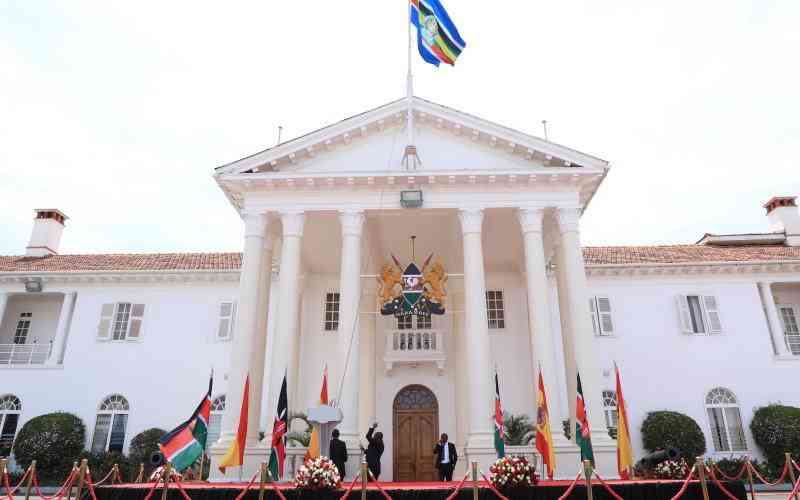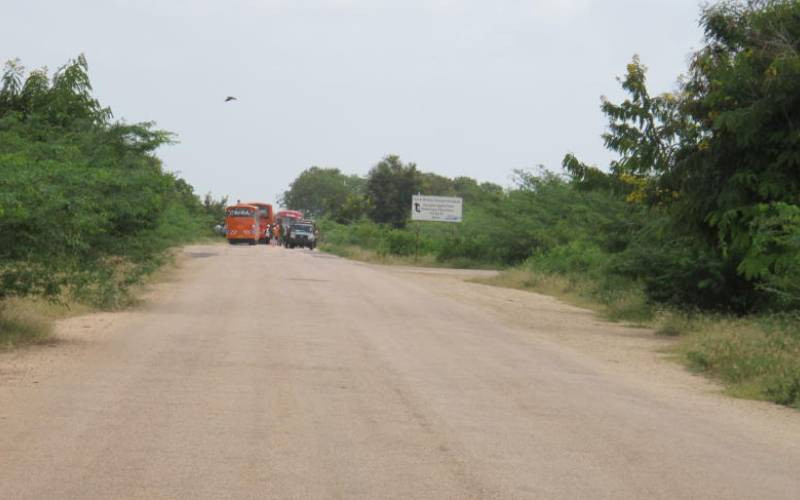National Assembly Majority Leader Kimani Ichung’wah has attributed the hard times faced by Kenyans to challenges inherited by the government and limited economic activity.
Speaking on KTN December 11, 2024, the Majority Leader appealed for patience as the government works to stabilise the economy.
“Kenyans will seem intolerant, they will seem impatient, but we understand them. That’s why we are not afraid to face them and tell them the truth as it is,” Ichung’wah said.
He defended the government’s efforts to stabilise the economy.
We were queuing to look for fuel that was unavailable. Today, fuel is available and oil prices have been going down month after month. The dollar was at a high of 162. Today, it’s at 129. The price of unga was Sh267. Today, it’s 130 or lower,” he said.
Ichung’wah explained that increasing economic activity is critical to improving financial conditions.
“Money comes from economic activities. So long as you have a huge population not engaged in any productive economic activity, there will be no money in pockets,” he said, adding that ongoing development programmes were creating jobs.
“Close to 200,000 Kenyans are employed through the affordable housing programme, 56,000 teachers hired, and 120,000 Kenyans in jobs through labour mobility programs,” he said.
His remarks come following a recent report by Infotrak report showing that 73 per cent of Kenyans are struggling or in severe financial distress. The survey, conducted across all 47 counties, revealed only 5 per cent of respondents are managing comfortably.
The report highlighted stress and anxiety (48 per cent), strained relationships (32 per cent), and impacts on physical (21 per cent) and mental health (18 per cent) as major effects of financial hardship. Many have turned to side hustles (45 per cent) and reduced non-essential expenses (41 per cent) to cope.
Ichung’wah defended the affordable housing programme saying, “Today, affordable housing is offering jobs to close to 200,000 people. It will provide decent housing for thousands and indirect jobs for many more,” he noted.
Regions such as North Eastern, Coast, Central and Rift Valley reported the highest levels of financial hardship at 78, 76, 74 and 73 per cent respectively. However, the report noted no respondents in Coast and North Eastern regions reported reducing the number of meals per day, unlike other areas.
Ichungwah said economic recovery will take time but stressed that the government is laying a strong foundation. “We understand the pain Kenyans are going through, but quick fixes won’t offer lasting solutions. We are building systems that will ensure sustainable growth and stability,” he explained.
Stay informed. Subscribe to our newsletter

























